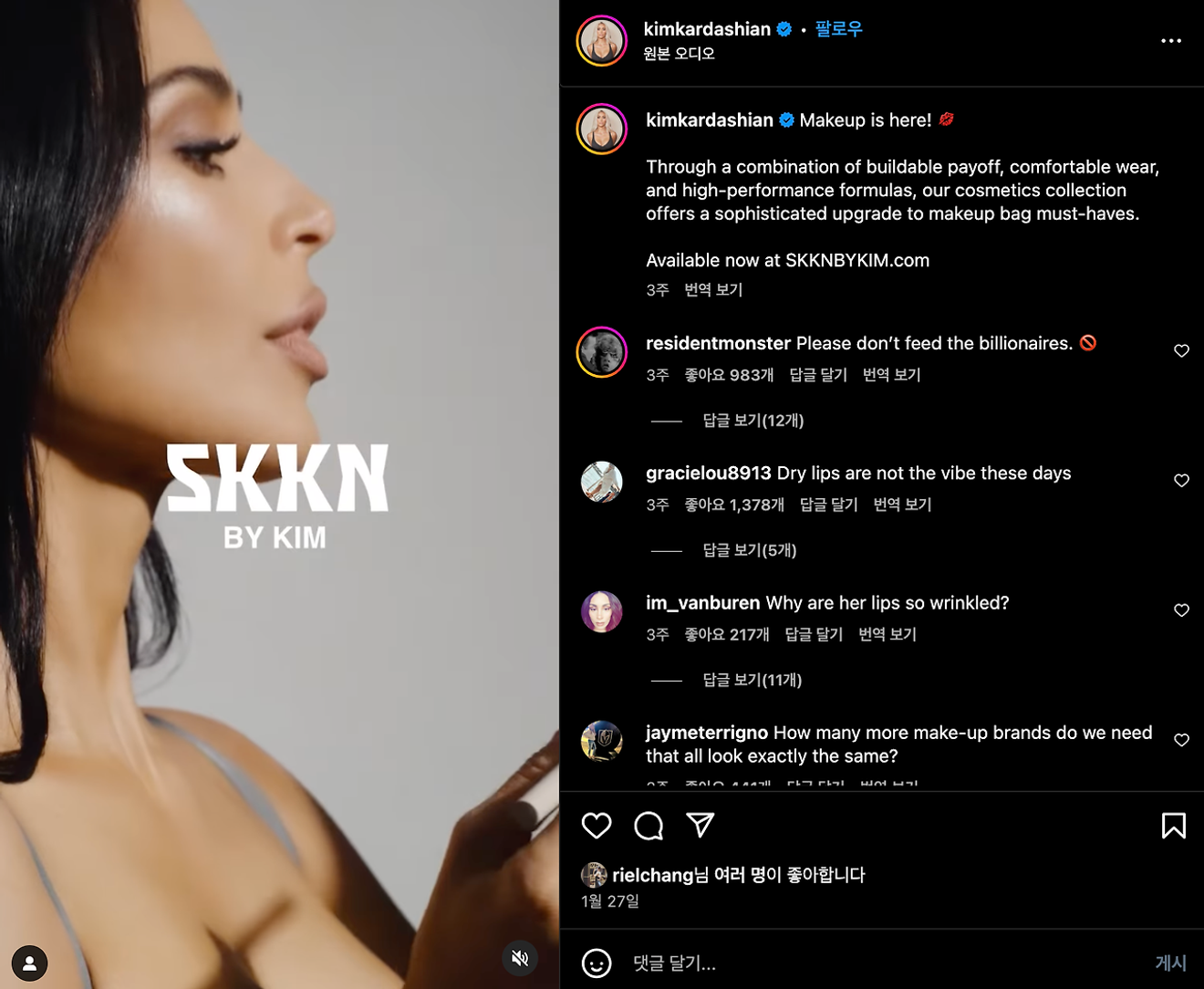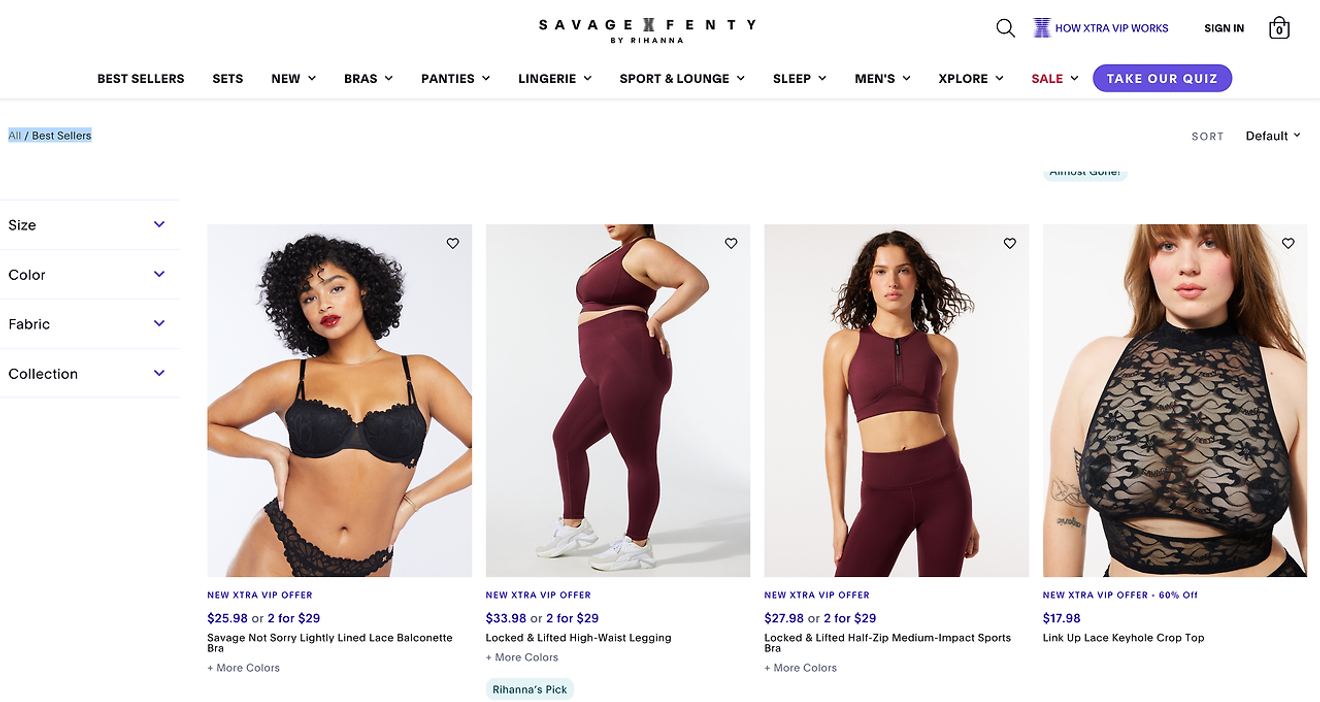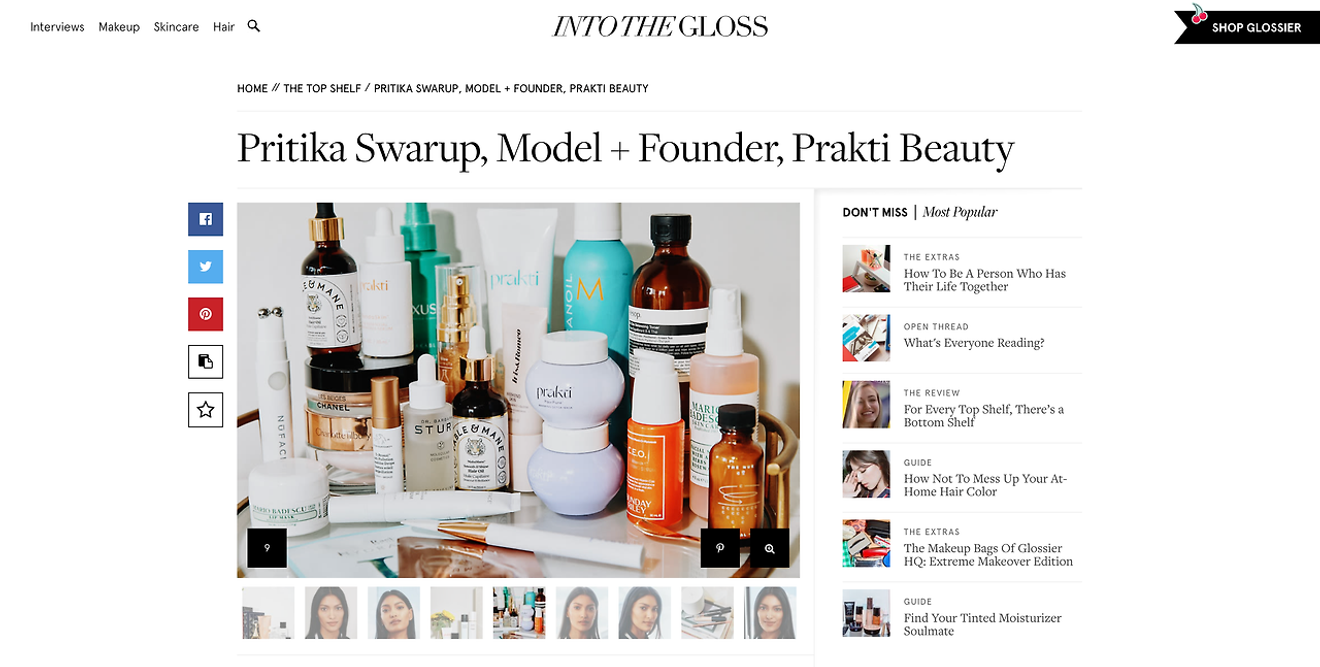According to a joint research report on 'Sexual Life of Seoul Residents in 2021' released by Professor Yeom Yu-sik and Professor Choi Jun-yong of Yonsei University's Sociology Department in 2021, 1 in 3 adults in Seoul (36%) experienced a sexless life in the past year. The finding that a lack of interest or a partner was the primary reason serves as another example illustrating the reality of the term 'sexless,' which has become commonplace in daily life. A BBC article about 'separated couples' in Japan, where both spouses live separately and only meet 2-3 days a week to maintain the benefits of marriage, SNS encouragement for a transgender couple in India who conceived a child through egg extraction, and various research findings indicating that financial instability has led to a change in attitudes toward singlehood all seem to point to one clear conclusion.

Sex, which has long served as a core fuel and an implicit, if not illicit, dream in many industries for the development and sale of consumer and luxury goods, is losing its power.This is what we are witnessing today. We are observing a phenomenon where sex appeal is becoming a commodity, detached from actual allure, as the link between sex and the physical body loosens.
Influencers like Kim Kardashian and Kylie Jenner leverage their physical attractiveness as a powerful tool in their entrepreneurial endeavors through brand launches. The fact that physically well-maintained appearances are commonly observed and expected among successful entrepreneurs suggests a shift in the rules related to sex appeal, hinting at a new and somewhat dramatic rule: achieving success through the constant manipulation of one's image.

A prime example is the wellness industry. There is a suggestion that the pursuit of youth, beauty, and health, which previously carried a sense of guilt for people who desired it even as they aged, now manifests as a desire for eternal youth, beauty, and boundless allure, often achieved through politicization via vegan food or related social movements. This serves as an illustration of how the primal desire for sex appeal, previously linked to purity, marriage, and motherhood, is shifting to other domains. Notably, businesses operating in the sector of selling these related aspirations need to pay close attention to how this new permissive set of rules is evolving.
One exemplary case is the Savage X Fenty brand within the lingerie sector, historically most closely associated with allure. Founded by the globally renowned singer Rihanna, this brand focuses significantly more on empowering the female body itself through propositions of fearless confidence and inclusivity. The models featured on social media represent a diverse range of body types among men and women, conveying the message that physical allure originates from the body itself. The idea of sex appeal is linked to soft expression and individuality, making it appealing to customers.

Glossier, a beauty product startup, is another successful case study that effectively leverages collective effervescence in its community-driven approach to beauty-related idea exchange, marketing, and sales. Emily Weiss, the founder, built the foundation for her brand by establishing a blog based on the insight that 'stories about the cosmetics I use' are relatable and useful. Through her blog, she continued to post interviews and articles on topics related to the cosmetics people use on their bathroom shelves. This approach elevates consumers, who were previously just audiences, to the role of protagonists throughout the entire process—from the planning and launch of beauty products to subsequent reviews. It can be said that this approach triggered ideas of sexual allure within the realm of desire pursued in other everyday categories like a sense of belonging, community, and friendship.

Another phenomenon that businesses in related sectors should be aware of in relation to sex appeal is the increasing trend of individuals using their bodies to categorize themselves within specific groups. For a long time, fashion symbols, brands, and logos held significant symbolic power among the global elite. Now, this external distinction is expanding to encompass body modification, tattoos, and plastic surgery. Whereas previously, it mattered what one wore and carried, now physical markers like skin, body shape, tattoos, and piercings have become new standards for identifying with specific cultural groups and lexicons.
The crucial point is that businesses that have traditionally focused on products and services desired through the human body need to understand the connections between sexual appeal and other culturally relevant conversations that are important to people today.Just as the days of celebrities with tattoos being banned from television are now a thing of the past, it is essential to remain vigilant about the ever-evolving permissible aesthetic boundaries related to the body.
References
Flesh
Comments0